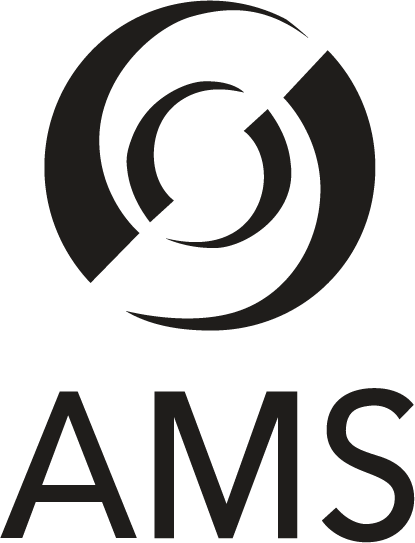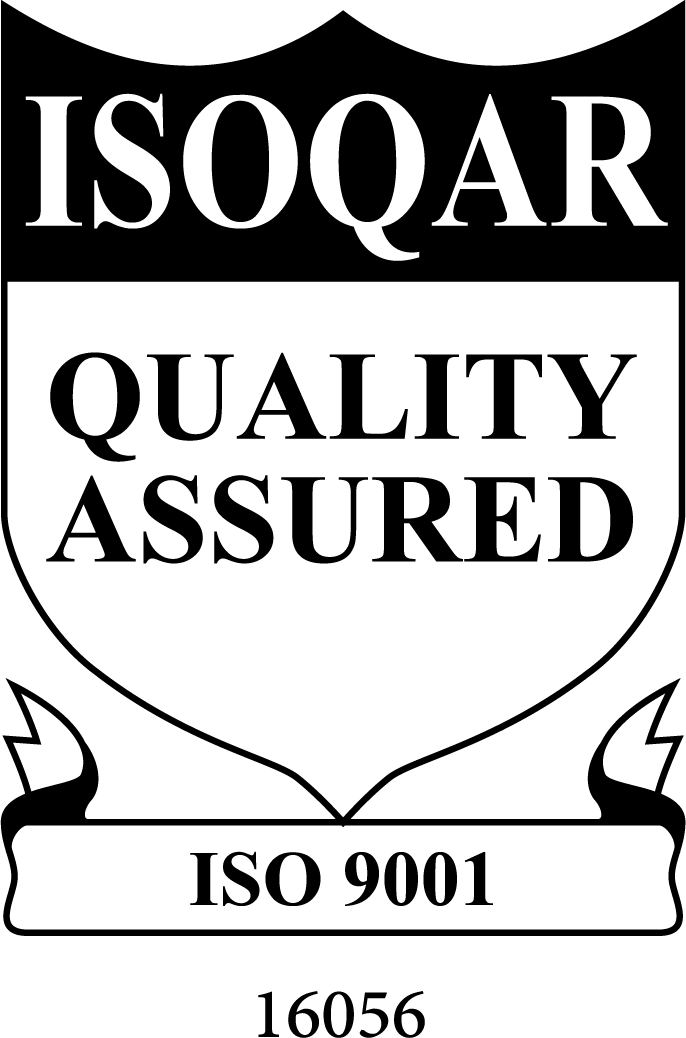SN7420
Microcircuits, Electronic
MICROCIRCUIT,DIGITAL
SN7420
5962 - Microcircuits, Electronic
Texas Instruments Incorporated
MICROCIRCUIT,DIGITAL
ACT NOW! SUBMIT A QUICK QUOTE.
Technical Characteristics
-
End Item Identification
radar set,type an/fps-115
-
Terminal Type And Quantity
14 printed circuit
-
Operating Temp Range
+0.0/+70.0 deg celsius
-
Body Width
0.220 inches minimum and 0.280 inches maximum
-
Features Provided
hermetically sealed and monolithic and positive outputs
-
Body Height
0.140 inches minimum and 0.180 inches maximum
-
Test Data Document
34010-36187300 drawing (this is the basic governing drawing, such as a contractor drawing, original equipment manufacturer drawing, etc.; excludes any specification, standard or other document that may be referenced in a basic governing drawing)
-
Terminal Surface Treatment
solder
-
Inclosure Material
ceramic and glass
-
Storage Temp Range
-55.0/+125.0 deg celsius
-
Body Length
0.660 inches minimum and 0.785 inches maximum
-
Inclosure Configuration
dual-in-line
-
Case Outline Source And Designator
t0-116 joint electron device engineering council
-
Output Logic Form
transistor-transistor logic
-
Design Function And Quantity
2 gate, and
-
Input Circuit Pattern
dual 4 input
-
Voltage Rating And Type Per Characteristic
-1.5 volts minimum power source and 5.5 volts maximum power source


 Certified to
Certified to









